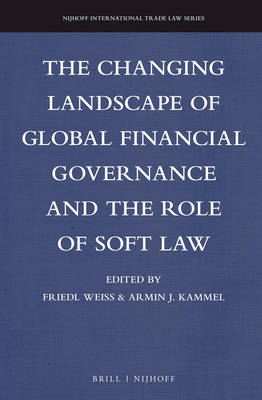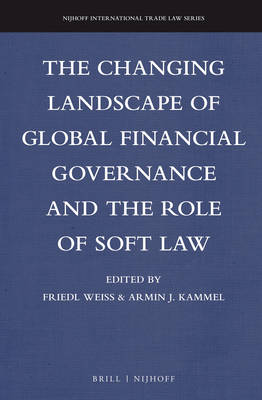
- Afhalen na 1 uur in een winkel met voorraad
- Gratis thuislevering in België vanaf € 30
- Ruim aanbod met 7 miljoen producten
- Afhalen na 1 uur in een winkel met voorraad
- Gratis thuislevering in België vanaf € 30
- Ruim aanbod met 7 miljoen producten
Zoeken
The Changing Landscape of Global Financial Governance and the Role of Soft Law
€ 307,45
+ 614 punten
Omschrijving
The Changing Landscape of Global Financial Governance and the Role of Soft Law provides interdisciplinary perspectives on the changing landscape of global financial governance by exploring the impact and role of soft law, directly or as a precursor of hard law, pertaining to financial governance.
Specificaties
Betrokkenen
- Uitgeverij:
Inhoud
- Aantal bladzijden:
- 448
- Taal:
- Engels
- Reeks:
- Reeksnummer:
- nr. 14
Eigenschappen
- Productcode (EAN):
- 9789004280311
- Verschijningsdatum:
- 5/06/2015
- Uitvoering:
- Hardcover
- Formaat:
- Genaaid
- Afmetingen:
- 163 mm x 241 mm
- Gewicht:
- 816 g

Alleen bij Standaard Boekhandel
+ 614 punten op je klantenkaart van Standaard Boekhandel
Beoordelingen
We publiceren alleen reviews die voldoen aan de voorwaarden voor reviews. Bekijk onze voorwaarden voor reviews.







